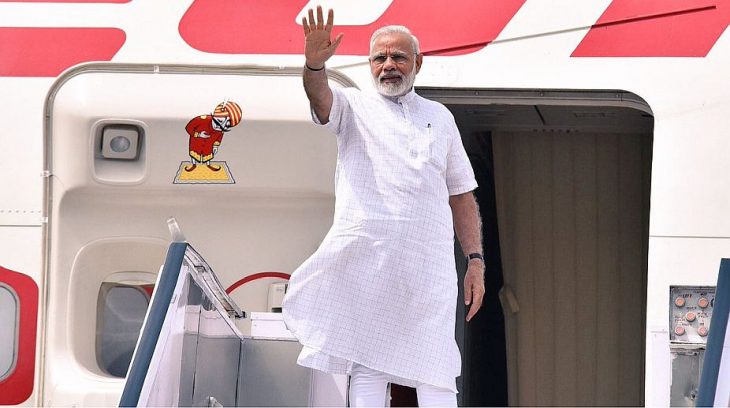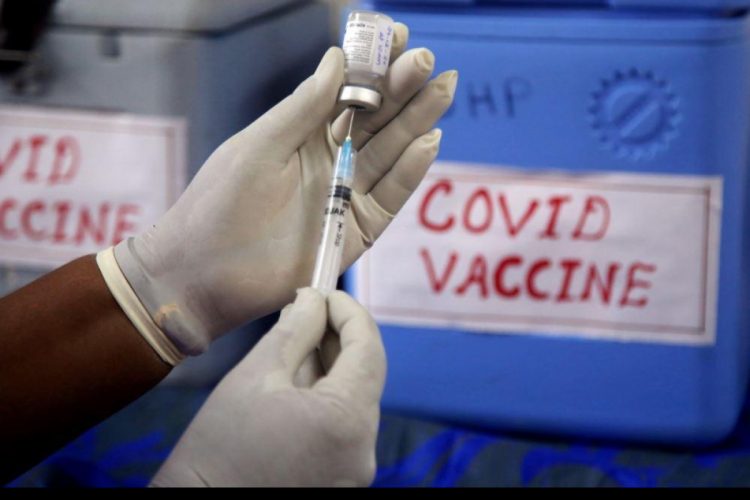Economists at UBS Securities India led by Tanvee Gupta Jain said the economy could slow by mid-2021 as households that lost incomes during the pandemic could drag consumption with a lag
Households have lost a whopping Rs 13 lakh crore of their incomes from the pandemic-induced job losses, according to a report that also warns of the economy losing momentum by mid-2021 on a likely slowdown in consumption demand that has propped the economy in recent months.
Describing the growth momentum seen in second and third quarters of FY21 as a positive surprise, economists at UBS Securities India led by Tanvee Gupta Jain said the economy could slow by mid-2021 as households that lost incomes during the pandemic to the tune of Rs 13 lakh crore could drag consumption with a lag.
In the second quarter of the current financial year, GDP contraction narrowed to 7.5 per cent; while in Q3, it grew 40 basis points (bps) as compared with a 23.9 per cent contraction in the first quarter.
Given this, sustainability of the recovery seen in the second and third quarters and also the growth outlook are dependent on the revival in new investment intentions and easing of financial sector stress.
The report, based on a one-day virtual macro tour that the brokerage had with experts, attributes the strong growth rebound seen so far to pent-up consumption, and a surge in investment activity, primarily investment projects committed before the pandemic but getting completed now.
Though general economic activity is back to the pre-pandemic level, the key question is if this growth momentum can be sustained as the composite economic indicator has plateaued in January after recovering swiftly in the prior two quarters.
Therefore, the prognosis for the March quarter appears to be softening of the momentum, according to the report.
However, the counter-cyclical fiscal policy in the Budget focuses on higher capex (2.5 per cent of GDP, which is the highest since FY08 and up from 1.7 per cent in the previous year), which will help boost the nascent economic recovery. The multiplier impact of higher capital expenditure (capex) is 2.5 times higher than revenue expenditure.
The report also warns that the perceived revival in the realty sector is mostly driven by record low mortgage rates (as low as 6.6 per cent at SBI), state incentives and pent-up demand.
Housing sales shrank 31 per cent in 2020 as against 2019 in terms of value and unit sales, while new property sales are only 16 per cent of the total so far.
As the public debt-to-GDP ratio set to rise to 90 in 2021-22 from 72 before the pandemic, the general view is that the country’s debt sustainability hinges on its ability to maintain and improve its potential growth.









